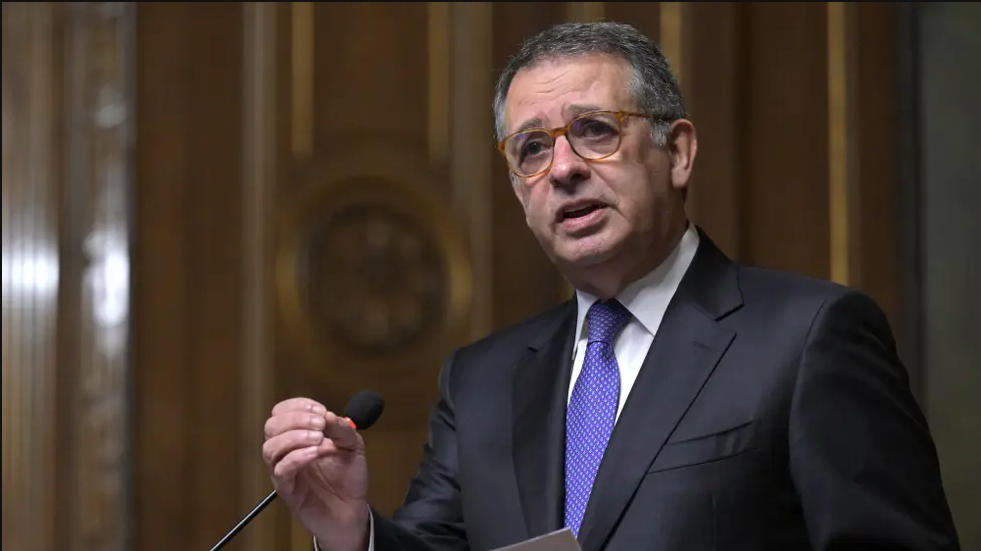Therefore, in total, until March, farmers using organic farming and integrated production will receive 90 percent of the support, with 10 percent remaining, which will be paid in June. Maria do Céu Antunes arrived at the town hall of Macedo de Cavaleiros, the location of the meeting, simply saying “Good afternoon everyone” to the approximately 100 farmers who were waiting for her on the street, and responded to her with whistles and phrases like “Trás-os-Montes is also Portugal.”
After the meeting that lasted around two hours, Armindo Lopes, one of the six farmer representatives who participated in the talks, explained that this 25 percent relates to the cuts of up to 35 percent that were announced and in the meantime reversed, leaving 10 percent missing, which will be paid by 25 June. According to Armindo Lopes, the government explained that the payment of this 25 percent is what the Government currently has the financial availability to do, without the approval of Brussels, which will now have to unlock the remaining 10 percent. These measures represent a global value of €60 million.
Armindo Lopes has also explained that last year a new European platform was created to identify all producers in integrated production and organic farming, who now need a certificate. At the national level, there are 10 entities that issue this certification. The calculations were completed on 31 December and the first instalment, 65 percent in most cases, was paid on 25 January, but farmers who were unable to complete the process have not yet received aid.
On Thursday, 8 February, following a protest that brought together around 300 farmers in the municipality of Macedo de Cavaleiros and which led to the closure of the A4 in both directions, an immediate videoconference meeting plus an in-person meeting with the representative on Monday, 12 February was scheduled. At that point, the first instalment had already been promised to be paid to all farmers by 24 February. On Friday, 2 February at the second meeting, Armindo Lopes said that some of the demands had been met. “What we achieved today is that from March onwards only 10 percent will be left for payment, which will be left for the last instalment that was already in the indicative payment calendar”, he announced to the journalists.
Armindo Lopes also said that in relation to this year's single application, they had the guarantee of the Financial Institute of Agriculture and Fisheries (IFAP), represented by the vice-president, Nuno Moreira, and Maria do Céu Antunes an advance in October and another payment in December. Eduardo Almendra, another of the representatives, added that, however, they had to give in on other measures requested for the region, such as the inclusion of agricultural diesel as a production factor, for VAT exemption. As the producer explained, the management Government has no role in reviewing this measure.
Another demand in Trás-os-Montes was the reinforcement of irrigation “Namely the creation of a multipurpose facility at the Baixo Sabor dam. A water efficiency plan is being studied for the entire district [of Bragança], and is already underway", said Eduardo Almendra. The farmers say that, for now, they are stopping the demonstrations, but that they will return to the fight if the promises are not met. For now, they say, “You have to believe in people.”
Maria do Céu Antunes then went to Mirandela, for another meeting with Trás-os-Montes farmers. While leaving Macedo de Cavaleiros, there was a new chorus of whistles from the farmers for the responsible minister, followed by applause for the representatives, who left the Paços do Concelho building minutes later, to address the press. The Minister of Agriculture did not speak to journalists. A source from the Ministry said, however, that at the end of the rounds of meetings that have taken place across the country, a communication will be made on the conclusions reached.















